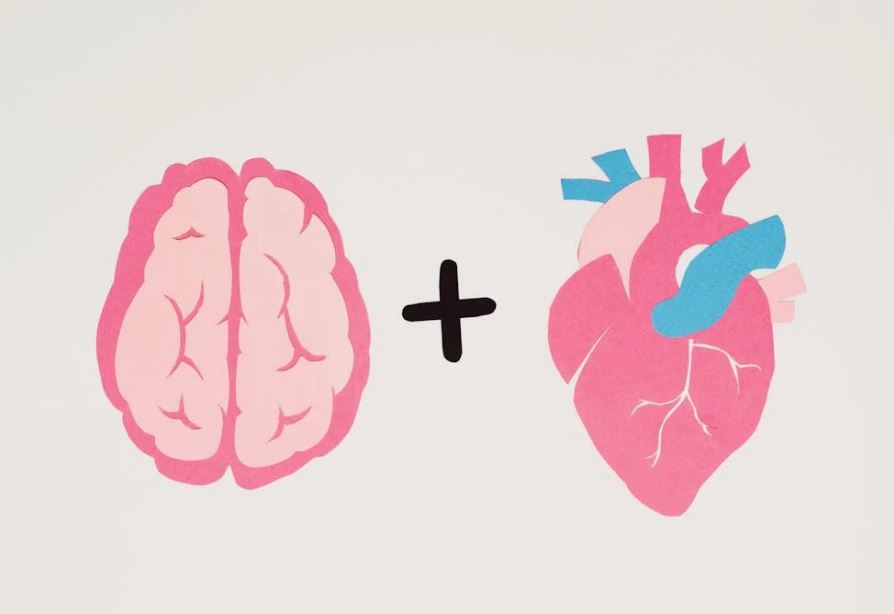Extreme weather events, from scorching heatwaves to intense storms, are becoming more frequent and severe due to climate change. While the immediate physical dangers of these events are well-documented, their impact on mental health and brain function is an area of growing concern. Understanding how extreme weather affects our brains can help us better prepare for and mitigate these effects.
Heatwaves and the Brain
- Cognitive Function
High temperatures can impair cognitive function. Studies have shown that heatwaves can reduce attention span, reaction times, and overall cognitive performance. This is particularly concerning for those in jobs requiring high levels of concentration and decision-making.
- Mood and Behavior
Heatwaves are linked to increased irritability, aggression, and mood swings. The discomfort and stress of high temperatures can exacerbate underlying mental health conditions like anxiety and depression.
- Sleep Disruption
Hot weather can severely disrupt sleep patterns. Lack of sleep not only affects cognitive function but also emotional regulation, making individuals more prone to stress and negative moods.
- Dehydration
Heat increases the risk of dehydration, which can lead to confusion, dizziness, and impaired brain function. Severe dehydration can cause delirium and cognitive decline.
Cold Weather and the Brain
- Seasonal Affective Disorder (SAD)
Cold weather and reduced daylight hours are associated with Seasonal Affective Disorder (SAD), a type of depression that occurs at certain times of the year, usually in winter. Symptoms include low energy, difficulty concentrating, and feelings of hopelessness.
- Cognitive Performance
Extreme cold can also impair cognitive function. Hypothermia, a dangerous drop in body temperature, affects brain function, leading to confusion, poor decision-making, and even unconsciousness in severe cases.
- Social Isolation
Cold weather can limit social interactions and outdoor activities, leading to feelings of isolation and loneliness. These conditions can negatively impact mental health, contributing to depression and anxiety.
Storms and Natural Disasters
- Acute Stress Reaction
Experiencing a natural disaster like a hurricane or flood can trigger acute stress reactions. Symptoms include anxiety, confusion, and difficulty concentrating. These responses are natural but can be debilitating in the short term.
- Post-Traumatic Stress Disorder (PTSD)
Long-term mental health effects of extreme weather include PTSD, especially in those who have experienced significant trauma or loss. Symptoms include flashbacks, severe anxiety, and uncontrollable thoughts about the event.
- Chronic Stress and Anxiety
The aftermath of a disaster can lead to chronic stress and anxiety. Concerns about safety, rebuilding, and financial stability can weigh heavily on individuals, impacting their mental health and overall well-being.
Air Quality and Brain Health
- Cognitive Decline
Poor air quality, often exacerbated by wildfires and industrial pollution, is linked to cognitive decline and neurodegenerative diseases like Alzheimer’s. Fine particulate matter (PM2.5) can penetrate the blood-brain barrier, causing inflammation and damage to brain cells.
- Mental Health Disorders
Exposure to high levels of air pollution is associated with increased rates of depression, anxiety, and other mental health disorders. Children and the elderly are particularly vulnerable to these effects.
Mitigating the Impact
- Stay Hydrated and Cool
During heatwaves, stay hydrated and find ways to cool down, such as using fans, air conditioning, or taking cool showers. Limit outdoor activities during peak heat hours.
- Prioritize Sleep
Maintain a regular sleep schedule and create a comfortable sleeping environment. Use blackout curtains, fans, or cooling devices to improve sleep quality during extreme weather.
- Stay Connected
Combat isolation by maintaining social connections, whether through virtual meetups, phone calls, or safe in-person interactions. Community support is crucial, especially during extreme weather events.
- Seek Professional Help
If you experience severe anxiety, depression, or PTSD symptoms, seek help from a mental health professional. Therapy, counseling, and medication can be effective treatments.
- Monitor Air Quality
Keep an eye on air quality indexes and minimize exposure on high pollution days. Use air purifiers indoors and wear masks when necessary.
Conclusion
Extreme weather events have profound effects on our brains, influencing cognitive function, mood, and overall mental health. As these events become more common, understanding and mitigating their impact is essential. By taking proactive steps to protect our physical and mental well-being, we can better navigate the challenges posed by an increasingly unpredictable climate.

